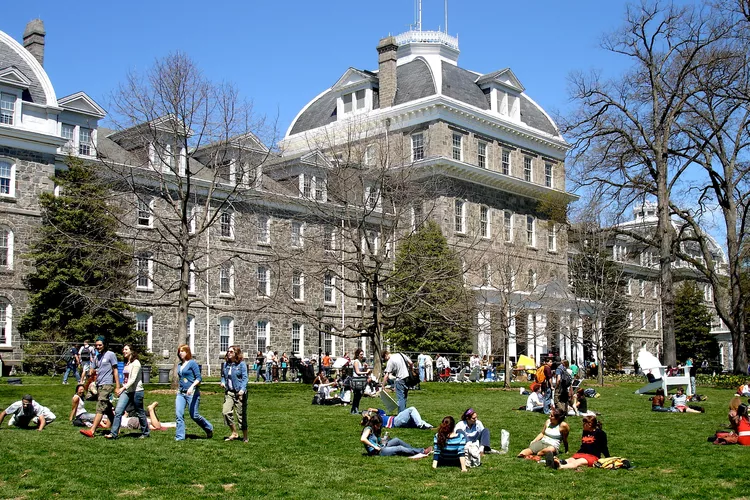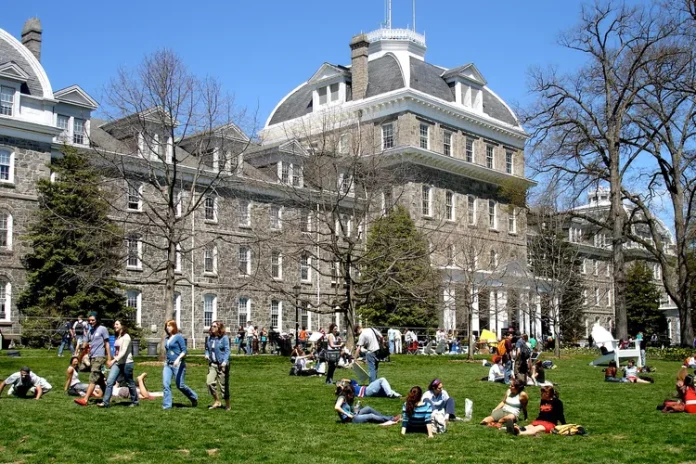
The U.S. Department of Education’s latest report in February 2024 projects an 8% increase in total college enrollment, contrasting sharply with a 2023 Gallup poll revealing a record low in American trust in higher education.
Amidst rising tuition costs and financial barriers, many students are reevaluating the value of a college education against potential job prospects and earnings. According to Mark Kantrowitz, a leading expert on student financial aid, numerous financial and political factors contribute to the decline in enrollment rather than a single cause.
Kantrowitz highlights the escalating cost of college education and political rhetoric undermining its value, despite its proven track record as a pathway to financial success for graduates. He emphasizes that while a college degree remains a reliable route to prosperity, dropping out without completing a degree can lead to financial struggles due to accumulated debt without corresponding credentials.
FAU spokesperson Joshua Glanzer highlights FAU’s efforts to combat rising tuition costs, citing a significant reduction in average student costs over the past five years. FAU’s commitment to affordability is reflected in increased applications and competitive starting salaries for graduates.
James Capp, FAU associate vice president for Strategic Planning and Student Success, underscores the university’s role in promoting social mobility, as evidenced by its national ranking for advancing low-income students’ economic status.
However, the declining enrollment trend in higher education is influenced by various factors, including the COVID-19 pandemic, anti-intellectualism, and political discord, according to Kantrowitz. He warns that colleges may struggle to fill classes, particularly lesser-known institutions, amidst heightened skepticism and political conflicts surrounding higher education.
Julian Cardenas, a former FAU student, reflects on his decision to drop out and pursue entrepreneurship, acknowledging the challenges of success without a college degree. While he remains content with his choice, Cardenas recognizes the importance of planning and adaptation in navigating today’s economy.
Joao Brandao, an FAU graduate, echoes concerns about high tuition costs but emphasizes the intrinsic value of education in pursuing one’s passion. Despite financial obstacles, Brandao remains committed to his career path and underscores the need for accessible education.
Economists note a shifting landscape in the “college wealth premium,” with diminishing returns for younger generations, particularly among Black and Latino families. This decline in the wealth advantage associated with a college degree contributes to growing skepticism about its value.
Despite the financial challenges and changing perceptions, the reality remains that opportunities for financial stability and career advancement are limited without a college degree. With job sectors offering minimal income growth for individuals with only a high school diploma, higher education continues to be a crucial pathway to economic success.
Jennifer Altidore, a first-generation college graduate, highlights the barriers faced by individuals balancing financial constraints and family responsibilities. She emphasizes the importance of resources and support in accessing higher education and acknowledges the diverse paths to success beyond traditional academic routes.
As some individuals reassess the risks and uncertainties associated with attending college, the debate over the value of higher education continues amidst evolving economic and societal dynamics.























